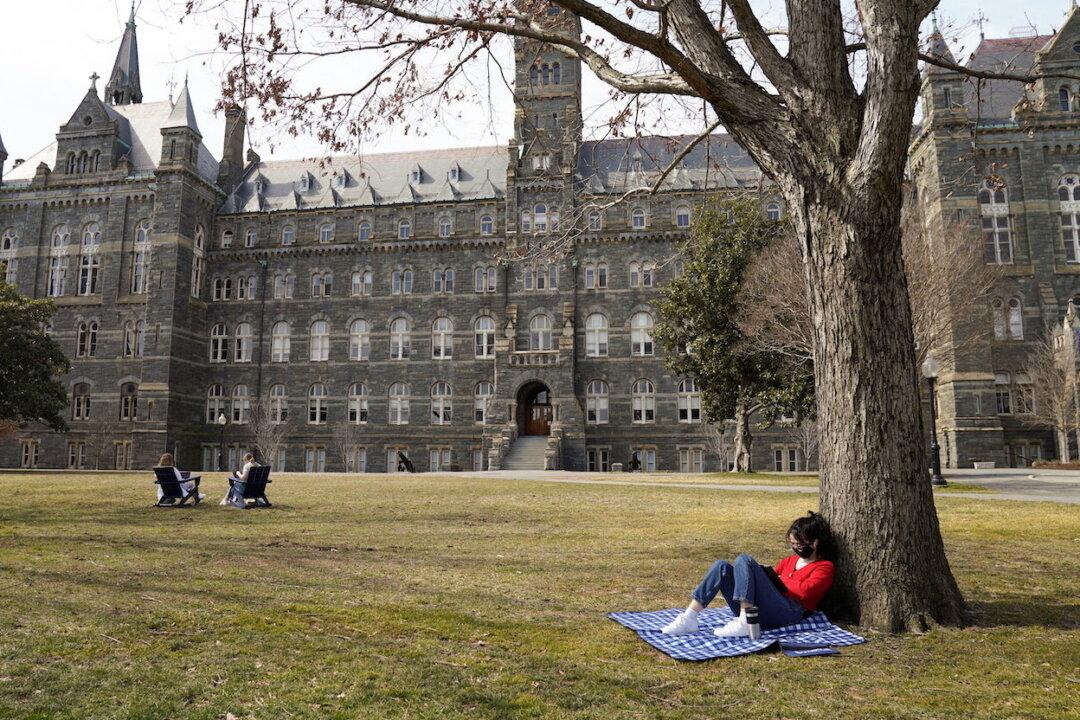Georgetown University has reinstated the director of its constitutional law program, who had been suspended for objecting to President Joe Biden’s explicit race- and gender-driven plan to fill a Supreme Court vacancy.
Ilya Shapiro, who would have started working as executive director of the Georgetown Center for the Constitution on Feb. 1, became a target of progressives because of a series of Twitter posts in which he criticized Biden’s use of race and gender criteria for selecting a replacement for retiring Justice Stephen Breyer on the U.S. Supreme Court.





